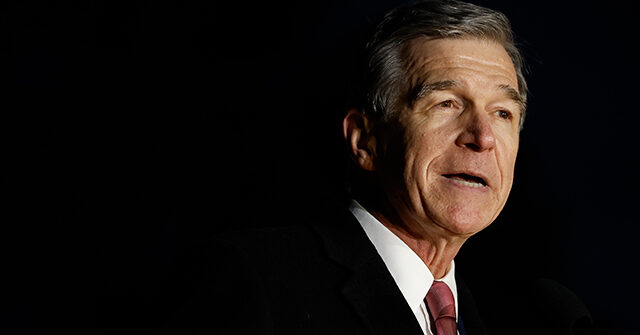North Carolina’s Division of Motor Vehicles achieved 100 percent of its diversity, equity, and inclusion (DEI) benchmarks in 2024 but failed to meet several core performance goals related to safety, infrastructure, and fiscal responsibility, according to the Department of Transportation’s most recent annual report.
The report from the North Carolina Department of Transportation (NCDOT) reveals that the state’s Division of Motor Vehicles (DMV) reached its DEI target for 2024 while falling short on several other key performance metrics, including road safety, infrastructure maintenance, and fiscal management.
According to the 2024 Annual Performance Report (page 65), the DMV fulfilled its DEI goal entirely. However, it did not achieve full success in four other categories:
- “Maintain fiscal responsibility”
- “Make transportation safer”
- “Improve the reliability and connectivity of the transportation system”
- “Deliver and maintain our infrastructure efficiently and effectively”
The report comes as former Gov. Roy Cooper (D), who appointed DMV Commissioner Wayne Goodwin in 2022, has launched a campaign for U.S. Senate in the 2026 race.
WATCH — Dr. Phil’s Diagnosis! “This Country Was Built on Hard Work… Not DEI”:
Goodwin, a former Democratic state lawmaker and party chair, announced in July he will step down once a successor is selected. His tenure was marked by complaints over extended wait times and system glitches, particularly during the summer of 2024, when customers reported long delays tied to Real ID processing and computer issues. Cooper defended the DMV at the time, saying it was “making significant strides” despite inherited challenges.
The findings echo broader scrutiny of Cooper’s administrative record. During his time as governor, Cooper vetoed legislation that would have removed DEI programs from state government and has voiced support for DEI initiatives across sectors. His daughter has also worked in the private sector in a DEI-related role.
The DMV’s mixed performance results are emerging as a point of contention as Cooper seeks higher office. The state legislature has already moved to audit and potentially restructure the DMV, with some lawmakers proposing privatization of certain services. Additionally, state auditor Dave Boliek has launched an audit into the agency’s operations.
Cooper has faced criticism for his handling of disaster recovery efforts, including delays following Hurricanes Matthew and Florence. The North Carolina Office of Recovery and Resiliency, established under Cooper, has since been dismantled by his successor due to performance concerns.
Cooper’s policy positions have frequently clashed with the Republican-led General Assembly. He vetoed multiple bills in 2023 and 2024 aimed at restricting gender transition procedures for minors and requiring local law enforcement to cooperate with federal immigration authorities. While many of those vetoes were overridden, Cooper maintained that the legislation targeted vulnerable populations and would harm the state’s economy.
As of August 2025, Cooper is the Democrat frontrunner for North Carolina’s open Senate seat, following the departure of Sen. Thom Tillis (R-NC). His candidacy has consolidated support from within the Democratic Party, with former Rep. Wiley Nickel (D) suspending his campaign to endorse Cooper just one day after the former governor’s announcement.
















